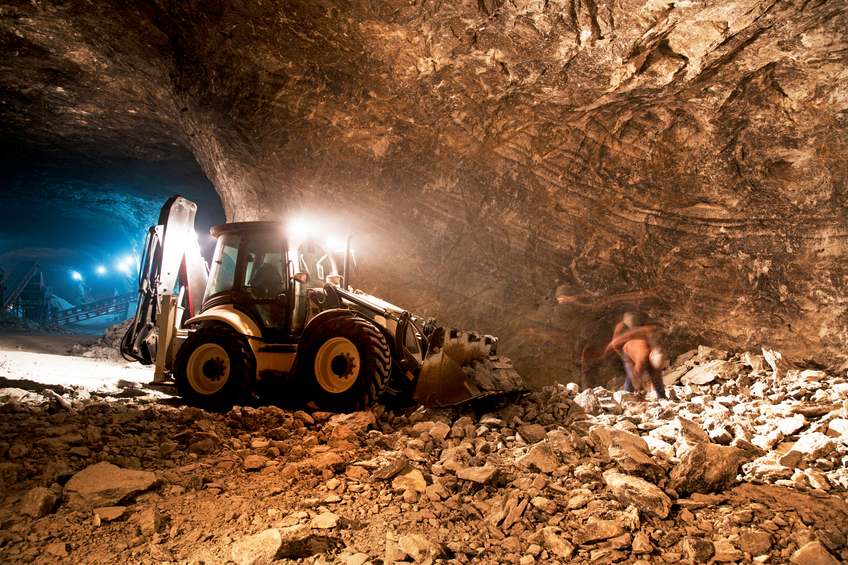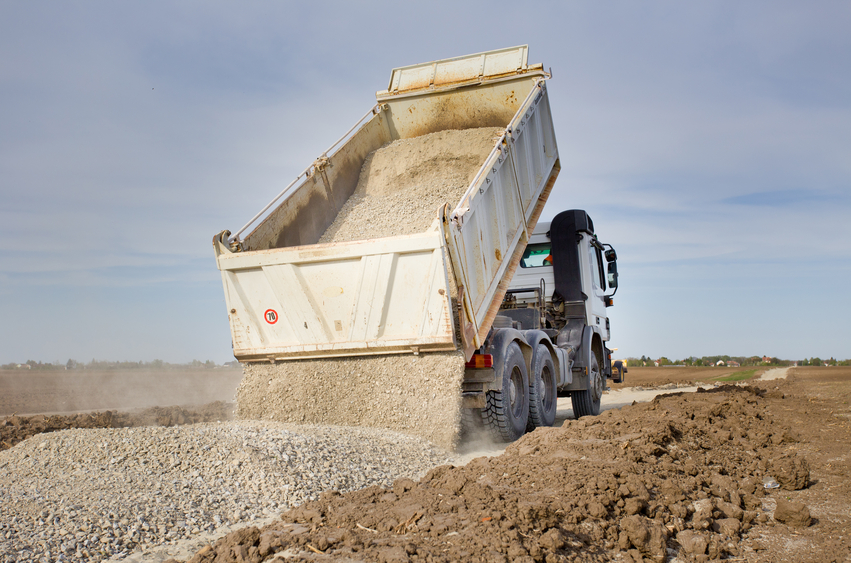Soil Mechanics15 PDH Discount Package 1
Soil Mechanics: Deformation (G05-003)
Soil Mechanics: Description and Classification (G04-002)
Soil Mechanics: Stress and Strain (G05-002 )

This online engineering PDH course presents an overview of general practices used for the construction of drilled shafts. It discusses influence of construction method and concrete quality on the development of side and base resistance. It describes load transfer characteristics of drilled shafts.
The use of drilled shafts has increased considerably in the last two decades due to their ability to carry large loads economically. Rapid developments in drilling equipment and machinery have made it possible to construct very deep, large diameter shafts in almost all subsurface condition, including caving soils below groundwater level, rock, karstic foundations, and off-shore construction.
This 1 PDH online course is applicable to civil, structural, and geotechnical engineers as well as design and construction personnel working on construction projects that involve drilled shaft design and construction.
This PE continuing education course is intended to provide you with the following specific knowledge and skills:
- Understanding various types of drilled shafts and drilling equipment used in their construction
- Identifying and developing knowledge in factors influencing the behavior of drilled shafts
- Outlining influence of soil type, construction technique, and concrete quality on the ultimate performance of drilled shafts
- Knowing possible issues resulting in softening of soil around drilled shafts constructed in clay soils, which ultimately result in lowering of side shear capacity
- Distinguishing between load transfer mechanisms during loading along the side of a drilled shaft and at the bottom of a shaft in relation with increased loading and the amount of movement a shaft experiences
In this professional engineering CEU course, you need to review the course document titled, "Construction and Behavior of Drilled Shafts".
Upon successful completion of the quiz, print your Certificate of Completion instantly. (Note: if you are paying by check or money order, you will be able to print it after we receive your payment.) For your convenience, we will also email it to you. Please note that you can log in to your account at any time to access and print your Certificate of Completion.

This online engineering PDH course, as a part of soil mechanics series, covers basic theories and practical controls of deformation in soils. Human beings have been building structures on, in, and with soils for centuries, and the principles of soil mechanics have been used for a long time, whether they were theorized or not.
Soil consists of three phases of solid, liquid and gas. In engineering, the interaction of these three phases dominates soil behavior in response to applied loads. Because of the three-phase composition, soils exhibit complex states of stress and strain (deformation). A key task in the design and construction of facilities on, in, and with soils is proper quantification of these states of stress, and their corresponding strains (deformations).
This 5 PDH online course is applicable to geotechnical, civil, mining, structural, and environmental engineers, as well as design and construction personnel involved with the planning, design, and construction of building structures on, in, and with soils.
This PE continuing education course is intended to provide you with the following specific knowledge and skills:
- Understanding typical deformation problems in approach roadway
- Learning about the basic theories and computations of deformations including:
- immediate settlement
- consolidation settlement (long-term settlement)
- lateral movement (squeeze) of soft soils
- Understanding the application of soil mechanics to design in deformation control including:
- reduction of settlement magnitude
- reduction of settlement time
In this professional engineering CEU course, you need to review Chapter 7, Approach Roadway Deformations of the Federal Highway Administration "Reference Manual Volume I, SOILS {C}AND FOUNDATIONS", Publication No. FHWA NHI-06-088.
Upon successful completion of the quiz, print your Certificate of Completion instantly. (Note: if you are paying by check or money order, you will be able to print it after we receive your payment.) For your convenience, we will also email it to you. Please note that you can log in to your account at any time to access and print your Certificate of Completion.

This online engineering PDH course, as a part of soil mechanics series, covers basic standards in soil description and classification. Human beings have been building structures on, in, and with soils for centuries, and the principles of soil mechanics have been used for a long time, whether they were theorized or not.
Soil consists of three phases of solid, liquid and gas. Because of the three-phase composition, soils exhibit different appearances and forms. A required task in geotechnical engineering is to describe and classify the soils for ensuing engineering evaluations in design and construction.
This 4 PDH online course is applicable to geotechnical, civil, mining, structural, and environmental engineers, as well as design and construction personnel involved with the planning, design, and construction of building structures on, in, and with soils.
This PE continuing education course is intended to provide you with the following specific knowledge and skills:
- Learning about the basic soil description terminologies
- Learning about the basics and commonly used standards in soil classification
- Understanding the major engineering characteristics of the main soil groups
In this professional engineering CEU course, you need to review Chapter 4, Engineering Description, Classification and Characteristics of Soils and Rocks of the Federal Highway Administration "Reference Manual Volume I, SOILS {C}AND FOUNDATIONS", Publication No. FHWA NHI-06-088.
Upon successful completion of the quiz, print your Certificate of Completion instantly. (Note: if you are paying by check or money order, you will be able to print it after we receive your payment.) For your convenience, we will also email it to you. Please note that you can log in to your account at any time to access and print your Certificate of Completion.

This online engineering PDH course, as a part of soil mechanics series, covers basic theories and practical applications of stress and strain in soils. Human beings have been building structures on, in, and with soils for centuries, and the principles of soil mechanics have been used for a long time, whether they were theorized or not.
Soil consists of three phases of solid, liquid and gas. In engineering, the interaction of these three phases dominates soil behavior in response to applied loads. Because of the three-phase composition, soils exhibit complex states of stresses and strains. A key task in the design and construction of facilities on, in, and with soils is proper quantification of these states of stress, and their corresponding strains.
This 5 PDH online course is applicable to geotechnical, civil, mining, structural, and environmental engineers, as well as design and construction personnel involved with the planning, design, and construction of building structures on, in, and with soils.
This PE continuing education course is intended to provide you with the following specific knowledge and skills:
- Understanding the soil phase diagram and basic volume-weight relationships
- Learning about the basic theories of soil mechanics, including:
- effective stress, consolidation
- Mohr-Coulomb (M-C) failure criterion
- Rankine active and passive failure zone theories
- Understanding the application of soil mechanics to design and construction in evaluating:
- volume-weight properties
- effective overburden stresses
- depth of major stress bulb
- 2:1 stress distribution
- soil shear strength as defined by M-C criterion
In this professional engineering CEU course, you need to review Chapter 2, Stress and Strain in Soils of the Federal Highway Administration "Reference Manual Volume I, SOILS {C}AND FOUNDATIONS", Publication No. FHWA NHI-06-088.
Upon successful completion of the quiz, print your Certificate of Completion instantly. (Note: if you are paying by check or money order, you will be able to print it after we receive your payment.) For your convenience, we will also email it to you. Please note that you can log in to your account at any time to access and print your Certificate of Completion.